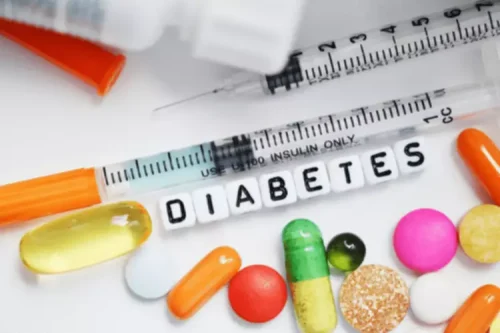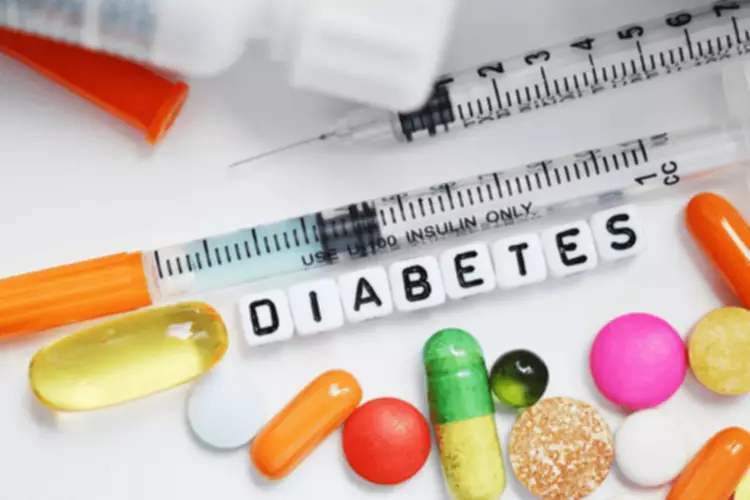
Alcohol might affect your hormones during your period, so it’s natural to crave alcoholic beverages. Usually, giving in to your alcohol cravings is a terrible idea because hormones cause those cravings. We are likely to crave alcohol when stressed or experiencing strong emotions. Several internal and external factors can contribute to solid alcohol cravings in addition to solid cravings. For example, objects, emotions, and places can trigger a desire to drink, while routines and habits appear automatic.

Why is drinking alcohol during pregnancy harmful?
Friends, family, and partners can play a key role by avoiding alcohol use around the pregnant woman or offering non-alcoholic alternatives at gatherings. These findings emphasize the need to provide ongoing education about alcohol consumption during pregnancy for pregnant women, health professionals, as well as women’s partners, friends, family members and the broader general community. Welcome to the online shop of Swiss perfect fake TAG Heuer watches UK!
Do not miss cheap replica Watches canada online with best quality on the reliable website Additionally, the findings highlight the need for more thorough and consistent routine enquiry for alcohol consumption in pregnant women than occurs in current practice. The findings also suggest a lack of evidence-based, up-to-date education among health professionals.
- One of the main risks of alcohol use is that it can cause a miscarriage.
- Parallel to this idea of personal choice the codes of trust and responsibility also emerged from the data.
- Overall, the findings reflect the knowledge and views of the participants in this study and give an insight into the issues concerning alcohol consumption during pregnancy.
- If you are experiencing cravings for the smell of isopropyl alcohol or other chemicals during pregnancy, it is recommended to seek medical advice.
- On the other hand, drinking throughout your pregnancy regardless of the stage can cause low birth weight and behavioral problems.
When do pregnancy cravings start?
If you need more than one cup throughout the day, consider drinking decaf or even half-caf to stay within the daily guidelines. You’ll feel like you’re getting more of what you love, but you’ll still be ensuring your and your baby’s health. According to the American College of Obstetricians and Gynecologists, pregnant women should limit their caffeine intake to no more than 200 mg per day or the equivalent of one, tall-sized Starbucks coffee. Study results on the effects of caffeine on the fetus vary, but experts agree that limiting caffeine to 200mg daily is prudent. In contrast, if you’re not a coffee drinker but find yourself craving coffee all of a sudden, it could be the milk or sugar you’re putting drug addiction into it that is the attraction for your body. Deficiencies in calcium can cause some women to crave dairy, and many women crave sweets during the first trimester.

Common questions

If 20% of pregnancies already end in miscarriage, a pregnant woman who drinks could have a 40% chance of a miscarriage. Furthermore, there are no studies that have specifically examined the effects of acute, short-term, administration of benzodiazepines as is commonly used in the treatment of https://ecosoberhouse.com/ alcohol withdrawal (detoxification). In pregnancy, though, cortisol can actually increase the production of CRH in the placenta, providing a positive systemic feedback loop. Other common sub-themes that came under ‘knowledge of FASD’ included the timing of the exposure, and the quantity of alcohol consumed. Furthermore, it is worth mentioning that the brewing process of non-alcoholic drinks can sometimes result in higher-than-expected alcohol content.

Vaginal Delivery – Stages, Risks, Advantages and Complications
- For example, if you pour a bowl of rubbing alcohol out and hold your head over it for more than 5 minutes, that’s not a good idea.
- As a result, if a pregnant woman inhales fumes from rubbing alcohol she can significantly increase the risk of miscarriage and premature birth.
- You may worry about being judged if you own up to missing glasses of wine after work, or feeling frustrated when sticking to apple juice at a wedding.
- By prioritizing abstinence and accessing psychosocial interventions, expecting parents can take proactive steps to ensure the well-being of themselves and their developing baby.
- It’s never “too late,” and every day that you can stay away from alcohol will drastically improve your baby’s chances of having a healthy brain and a healthy life.
If a pregnant person develops eclampsia, they can have seizures that cause coma or death. Swiss official duplicate rolex watches UK for sale are cheap for men and women.
What kinds of knockoff watches can enhance the charm? Top quality copy Breitling watches UK! While pregnant, any alcohol that goes into your bloodstream passes to your baby via the umbilical cord. As such, you are advised to not drink any amount of alcohol if you’re pregnant. Feeling like you are left out because all your friends are drinking except you? If you are out on dinner with friends and don’t want to miss out on the fun, you should get a mocktail or a non-alcoholic cocktail. There is no scientific reason why pregnant women would crave chalk but some reports are saying that it is caused by anemia, low zinc, and calcium deficiency.
There is no agreed-upon cause for these cravings, but some experts suggest changes in hormones, and possible nutritional deficiencies could be the culprit. For women needing referral for treatment of substance use in pregnancy, the ideal is to offer collaborative care with addiction, mental health, and social services. Where appropriate, the woman’s partner should be involved in treatment and referred for intervention if needed.
Can you smell weird things when pregnant?

Alcohol can affect your pregnancy and the development of your baby negatively so it is best to stay away completely. Caffeinated tea should be consumed in is it safe to drink alcohol while pregnant moderation because too much caffeine can affect the development of your baby. The American College of Obstetrics and Gynecologists (ACOG) recommends that caffeine intake for pregnant women should be limited to less than 200 milligrams daily. While it is considered safe to consume during pregnancy, you should do so in moderation.